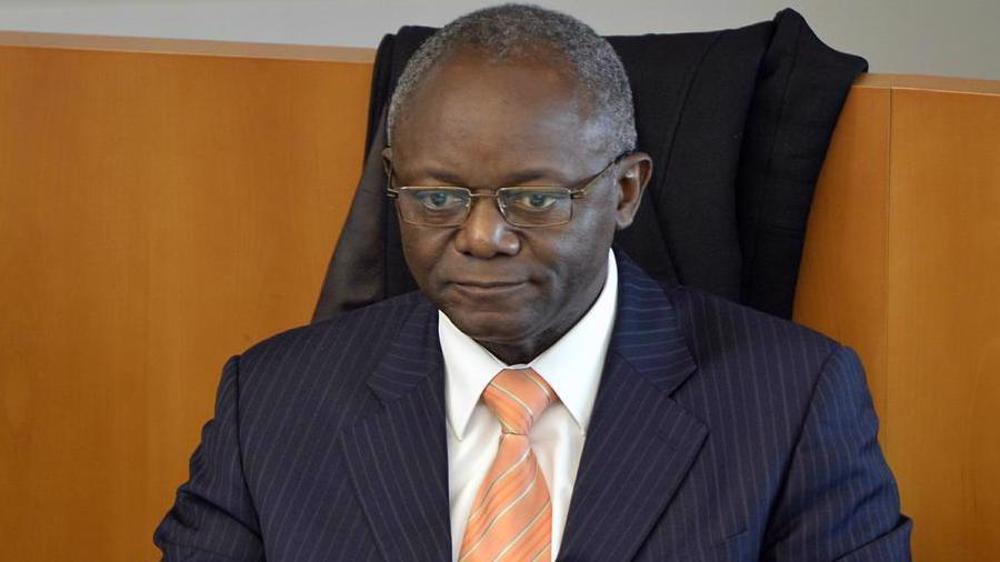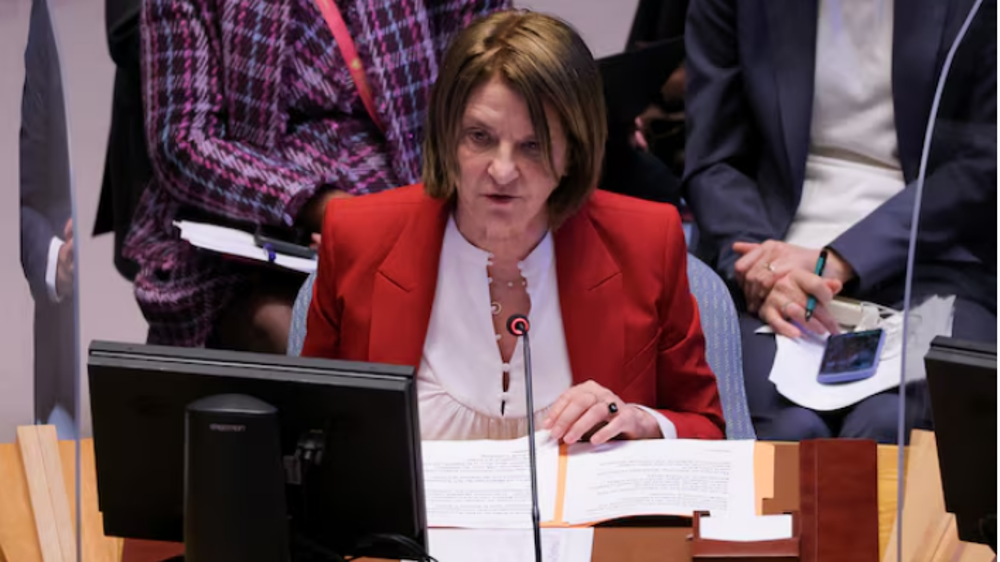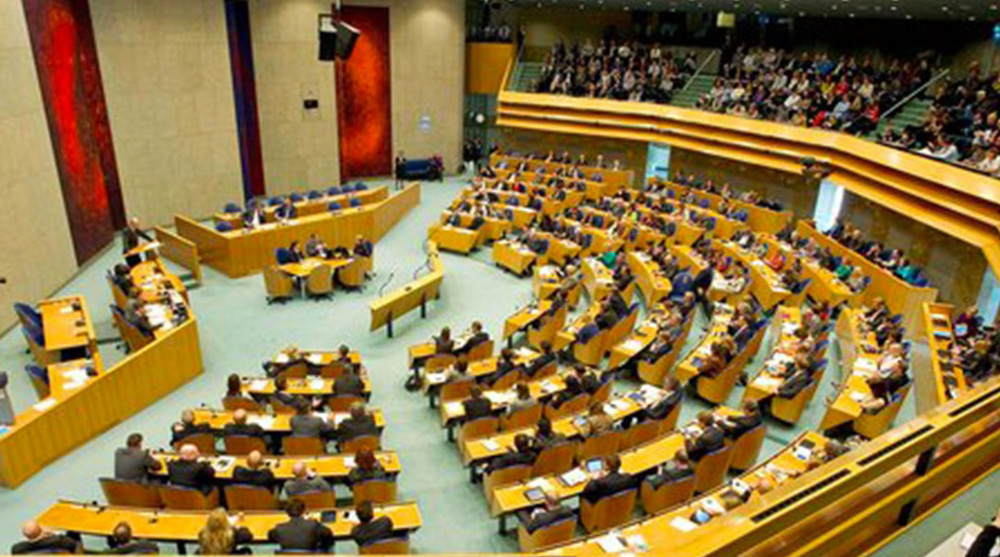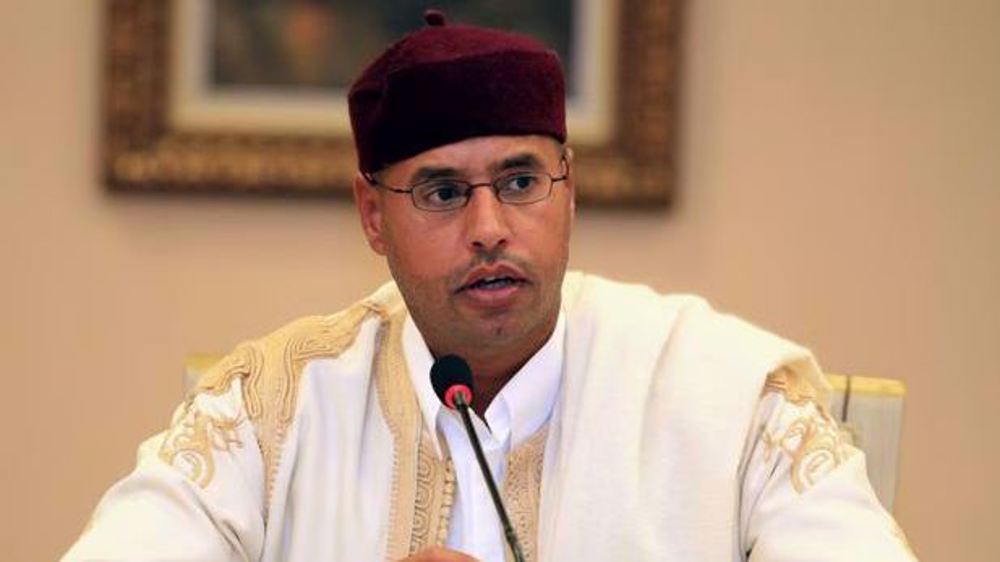Belgium’s 1st black mayor demands apology for nation’s colonial past
Belgium is due a reckoning with its colonial past, and things left unsaid must now be discussed, argues the Congolese-born 72-year-old who became the country's first black mayor.
Pierre Kompany's family has made a name for itself in Belgium. He is a former refugee turned pioneering politician, and his son Vincent Kompany is a star footballer in the national squad, the world's top-ranked team.
But, in an interview with AFP before the June 30 anniversary of the then Belgian Congo's independence, and against a backdrop of anti-racism protests, Kompany senior said it was time for some home truths.
While in the United States, activists declaring "Black Lives Matter" have targeted the symbols of the slave-holding Confederacy, in Belgium the protests have focused around statues of Leopold II, "King Builder" of the Belgian nation.
Reigning between 1865 and 1909, Leopold held Belgium's central African territory -- now the Democratic Republic of Congo -- as a personal fiefdom, profiting directly from rubber plantations run with sadistic and murderous brutality.
Historians and writers have documented the crimes of the era, in which up to 10 million Congolese were killed or fell victim to disease and torture, but Leopold's statues still look down on parks and squares across modern Belgium.
For Kompany, the monuments should have been taken down and placed in museums years before they became the target of protests and night-raids by activists, as part of a broader reckoning with the past that could heal some modern wounds.
"No one would go into a museum to smash them," smiles Kompany, who was elected bourgmestre or mayor of the Brussels suburb of Ganshoren in 2018 and represents the centrist CDH party in the capital's regional parliament.
"There is a flagrant reality, it's not in doubt," he says of the crimes carried out in Leopold II's name.
For Kompany, Belgium missed an important opportunity to face up to its past in 2009, the centenary of the former king's death, which the Belgium state allowed to pass without fanfare, embarrassed to revive debate over his legacy.
'Powerful moment'
The facts should now be taught in Belgian schools, and the state and the crown -- today represented by Philippe, king of the Belgians -- should apologize, he argues.
"If the state makes an apology, that would already be a lot, but if the royal family were to do so as well, it would emerge all the greater for it," Kompany says.
Born in Bukavu in eastern Congo in 1947, Kompany fled his country in 1975 after taking part in a student uprising. With the help of a doctor he feigned a rare disease and set off to Belgium supposedly to seek treatment.
There he worked as a taxi driver to finance his civil engineering degree. He became a Belgian citizen in 1982 and married Jocelyne, with who he had three children and, now, seven grandchildren.
His family has always gravitated to the struggle for civil rights and social justice and he recalls them sharing the works of Aime Cesaire and Nelson Mandela as gifts.
Kompany did not return to Congo until 2010, when he accompanied his famous son Vincent and an NGO to open an orphanage.
"When I left Kinshasa there were fewer than a million inhabitants. When I came back it was more than 10 million. I was overwhelmed. It was a powerful moment," he recalls.
He has these people, so far away, in mind now as he presses the campaign for an official apology. "It would do them good. They would realize that unacceptable things happened," he says.
Dutch police break up protests at colonial-era statue
Police on horseback on Friday evening charged rival protesters gathered near the statue of a 17th century colonial-era Dutch officer that became the target of anti-racism demonstrators in the Netherlands.
Five people were detained during unrest after small groups from each side refused to disperse, authorities said. There were no reports of injuries.
Protesters scattered in groups in neighborhoods in the town of Hoorn, about 45 kilometres (30 miles) north of Amsterdam, as riot police moved in with vans, footage showed.
Police with shields and batons broke up crowds near a large statue of Jan Pieterszoon Coen, an officer in the Dutch East India Company who is seen by some as a hero of the country's Golden Age and by others as a brutal oppressor.
A group of around 20 supporters carried Dutch flags with the name "Coen" written on them. Around 250 protesters attended an earlier peaceful protest on the outskirts of town calling for Coen's statue to be taken down.
In 1621, Pieterszoon Coen led the Dutch conquest of the Banda Islands in current-day Indonesia, when thousands of inhabitants were killed with the help of Japanese mercenaries.
Just 1,000 out of 15,000 local residents are believed to have survived and around 800 were deported to the Dutch-held Batavia.
Colonial-era statues have become the targets of protests around the globe in weeks since the killing of African-American George Floyd while in police custody in Minneapolis.
Italy anti-racism activists paint colonial-era statue red, rename street
Anti-racism activists from the group 'Let's stay human' smeared the statue of General Antonio Baldissera, leader of Italian colonial troops in Eritrea and governor of the former Italian colony in the 19th century.
The action took place in the early hours on Friday at Rome's Pincian Hilll, as protests against colonial-era statues in the country continue.
The group, which claimed responsibility on social media, also changed a street sign in Via dell'Amba Aradam and renamed it after George Floyd and Bilal Ben Messaud.
Amba Aradam was the location of a battle which took place in Ethiopia in 1936, when fascist troops beat Ethiopian forces through the use of mustard gas.
Floyd died while in police custody in the United States last month, while Messaud was a migrant who died while trying to reach the shores of Sicily on May 20.
"We will dismantle the symbols of colonialism in the capital," said the network "Restiamo Umani" in a statement on Facebook.
Statue of Otto von Bismarck splattered red paint
Unknown people splattered red paint on a statue of Otto von Bismarck in Hamburg's Altona district this week.
The "Iron Chancellor" behind Germany's unification in 1871 is also known for hosting the Berlin Conference of 1884, which became a byword for the carving up of Africa between European colonial powers.
Berlin itself has been a hub of activism against commemorations in public space of colonialists, with much ire directed at street names honoring 19th-Century figures in the so-called "African Quarter".
But political decisions to rename roads named after figures like Adolf Luederitz, a merchant who played a key role in colonizing Namibia, or Carl Peters, a colonialist behind German expansion in eastern Africa, have met with resistance from locals.
In decades of experience addressing the country's Nazi and communist pasts, "things have always been done properly, it all seems very German" with official applications to local authorities and orderly dismantling of monuments, said Urte Evert, head of Berlin's Spandau Citadel museum where many old statues are on display.
"We haven't made so much progress with colonialism, something the USA, Britain and France too have been confronting for much longer," Evert added.
(Source: News agencies)
#IR47: How Iran’s martyred commanders found faith, purpose and mission in Islamic Revolution
#IR47: Long walk to freedom - Imam Khomeini and the Iranian nation’s epoch-making moment
VIDEO | Tehran conference examines Islamic Revolution’s enduring role in shaping global resistance
VIDEO | Gazans say Israel seeks permanent military presence
VIDEO | UK PM faces call to quit over his US ambassador’s links to Epstein
VIDEO | Press TV's news headlines
Iran renews warning about Israeli intentions amid diplomatic engagement with US
Our missiles have put Zionist regime in its place: Iran’s top security official












 This makes it easy to access the Press TV website
This makes it easy to access the Press TV website